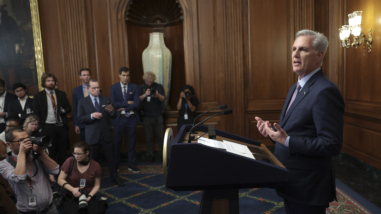University of North Carolina at Chapel Hill
For Support Of The University Of North Carolina's Transfer Project
-
Amount$690,000
-
Program
-
Date Awarded10/28/2017
-
Term36.0 Months
-
Type of SupportGeneral Support/Program
Overview
The Transfer Project is a regional initiative led by the University of North Carolina, the United Nations International Children’s Emergency Fund, and the Food and Agricultural Organization to generate evidence on impacts of national cash transfer programs in sub-Saharan Africa, and to translate that evidence into policy through partnerships with national governments. With this grant, the Transfer Project will help African researchers increase their capacity to conduct impact evaluations, and engage with African academics and policymakers to generate evidence that addresses policymakers’ needs.
About the Grantee
Grantee Website
www.unc.edu
Address
302 Bynum Hall, Chapel Hill, NC, 27516, United States
Grants to this Grantee
for a program to support and improve evidence-based decision making in sub-Saharan Africa
The Transfer Project is a regional initiative led by the University of North Carolina, the United Nations International Children’s Emergency Fund, and the Food and Agriculture Organization of the United Nations to generate evidence on impacts of national cash transfer programs in sub-Saharan Africa, and to translate that evidence into policy through partnerships with national governments. The Transfer Project conducts evaluations and research that respond to governments’ policy questions about social protection programs, and helps governments apply this evidence to decisions. This grant will support the University of North Carolina to engage with African policymakers and scholars to identify evidence gaps for high-value policymaking, conduct and support impact evaluations, educate members of the media and civil society about cash transfers, and increase the capacity of government policymakers to identify evidence gaps and commission and use evidence for decision making.
for support of the Center for Information, Technology, and Public Life’s research on digital disinformation
The Center for Information, Technology, and Public Life at the University of North Carolina at Chapel Hill researches the intersection of politics and digital technology, studying technologies in the context of the people who design, use, and govern them. This grant will support the center’s research, including on how mis- and disinformation campaigns are created and spread and how they can be counteracted.



